80k Ghanaian girls, 12 to 17, either married or living with a man – GSS
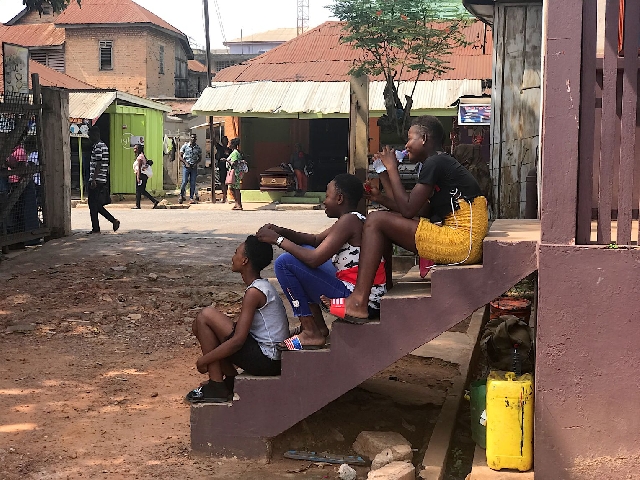 Three out of every four girls (75.8%) aged 6 to 14 years not attending school are living in rural areas
Three out of every four girls (75.8%) aged 6 to 14 years not attending school are living in rural areas
Nationally, 79,733 girls in Ghana aged 12 to 17 have been in a union, that is married or living together with a man, according to the 2021 Population and Housing Census (PHC).
Out of this number, 25,999 are girls of junior high school age (12 to 14 years).
The regions with the highest percentage of girls ever in a union are North East (13.0%), Savanna (10.9%) and Northern (10.6%), all with rates more than twice the national average (4.0%).
Despite free and compulsory universal basic education, almost a quarter of a million girls (244,731) aged between 6 and 14 years have never attended school at all.
Three out of every 10 of these girls are in the Northern Region, which has the highest number of girls who have never attended school (73,516) followed by the Savanna (27,930) and North East (22,857) regions.
These three regions also have the highest percentage of girls currently not attending school (never attended or attended in the past) with Savanna leading all regions with 40.2% followed by the North East Region (29.3%) and the Northern Region (28.5%).
The national figure is 7.8%, which represents 285,271 girls aged 6 to 14 years that are not attending school.
Three out of every four girls (75.8%) aged 6 to 14 years not attending school are living in rural areas.
Further, 99,150 girls under 15 years are engaged in economic activity with half of them (49.7%) out of school.
Half (49.9%) of girls engaged in economic activity are in the Northern (22,647), Oti (17,694), and North East (9,153) regions which have the highest share of girls in economic activity.
The Ghana Statistical Service (GSS) released these statistics based on the 2021 Population and Housing Census dataset on the International Day of the Girl Child today, 11 October 2022.
The aim is to highlight challenges preventing young girls from reaching their full potential such as early marriage, and lack of access to educational and other opportunities.
The 2021 PHC General Reports which present disaggregated data by gender on thematic areas from the census questionnaire such as Background Characteristics; Literacy and Education; Economic Activity; Difficulty in Performing Activities; Information and Communication Technology; and Fertility and Mortality are available to download from www.census2021.statsghana.gov.gh
Source: Classfmonline.com
Trending News

U.S., Ghana explore stronger health collaboration
09:00
E/R: Rehabilitation works begin on Koforidua-Suhum road to ease commuters’ plight
09:10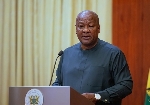
President Mahama explores education and biotechnology partnerships in Singapore
06:39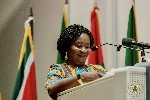
Ghana poised to become Africa’s digital trade hub – Vice President
16:39
Miner hails gov't's gold-for-reserves policy, urges review of pricing to curb smuggling
20:16
Don’t be intimidated by the presence of police; they're here to provide security – NYA CEO to Akwatia voters
08:50
NDC’s Godwin Tameklo questions the use of Internally Generated Funds at Ridge Hospital
08:56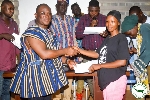
Hassan Tampuli supports 238 tertiary students in Gushegu
06:13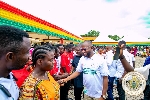
Volta Region launches National Apprenticeship Programme with 2,060 beneficiaries
13:51
Gov't, Yagbonwura hold talks to end Gbiniyiri clashes
19:56




